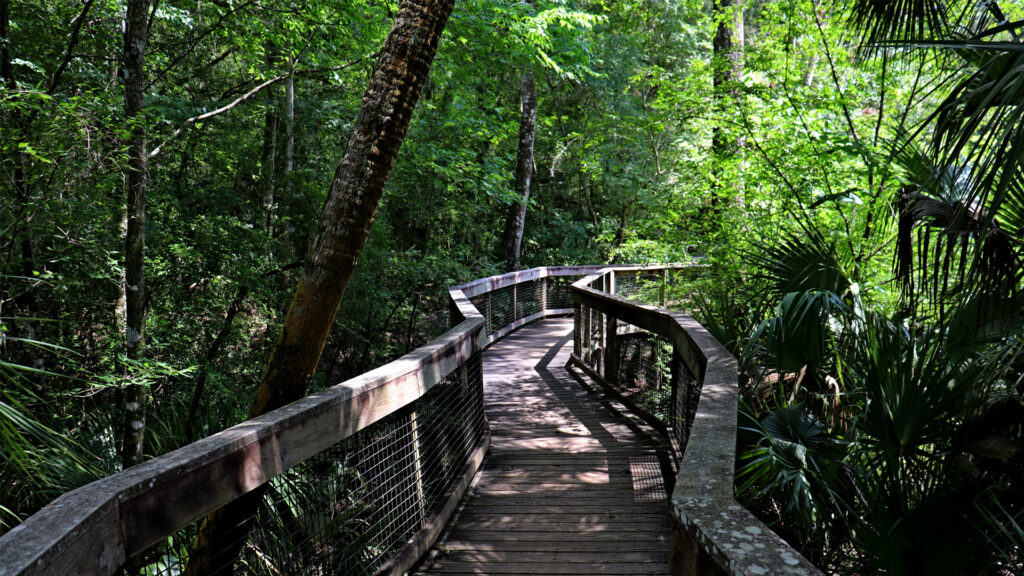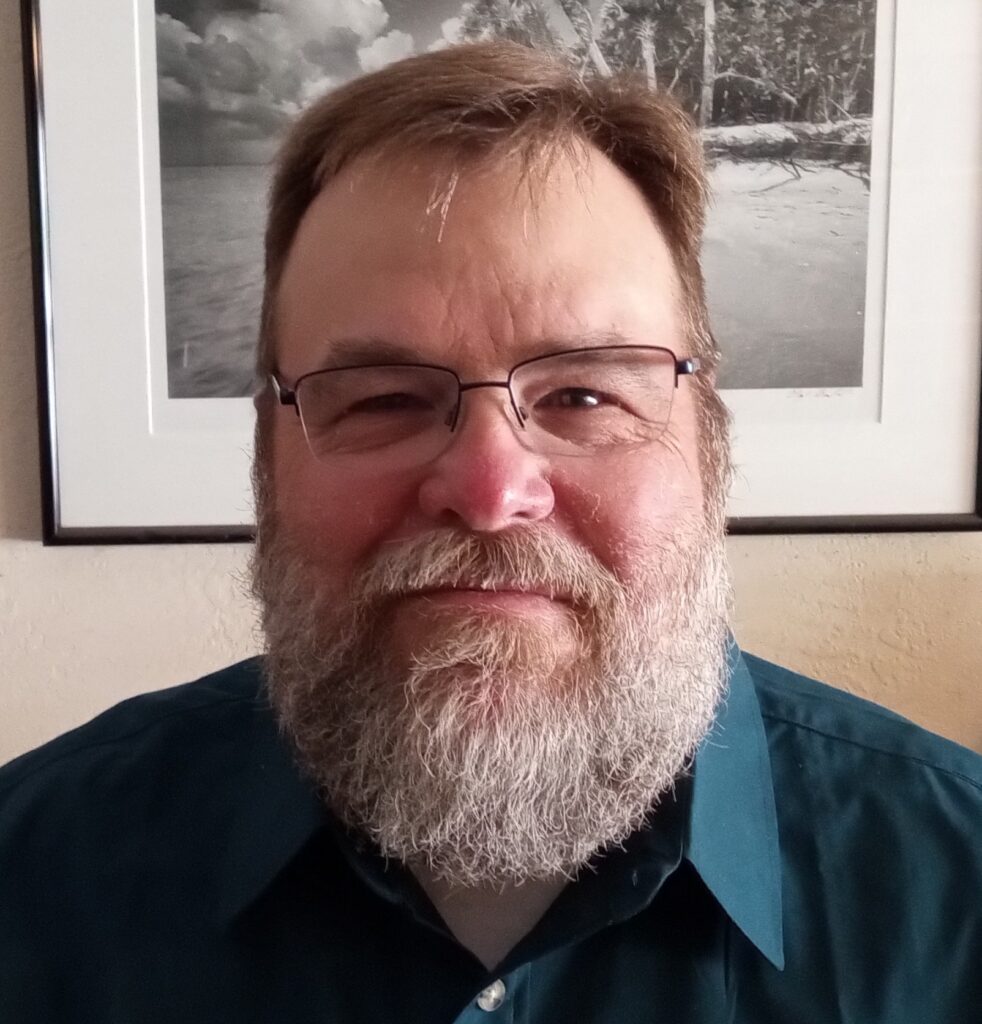By Joe Murphy, National Wildlife Federation
One of my earliest and most vibrant memories is learning to swim with my parents in the Gulf. I recall the warm, salty water and the gentle sunshine. These same waters were where my grandfather taught me to fish and catch crabs. My mom spent hours with my brother and I, gathering shells and exploring the wrack line to discover the magical wonders of the sea.
The truly amazing thing about these memories is that the places where they occurred are public lands and are still open to me today. I can take my grandchildren there to form the deep and lasting memories I formed with my parents and grandparents.
Public lands help us create a sense of place and help us connect past, present and future. They define what it means to create connections.

Our public lands – local, state or federal – are the birthright of all Americans. Conservation and recreation agencies hold and manage them in public trust, but they belong to us. They are our legacy and our responsibility.
They have value that profoundly exceeds the value they have as real estate. They are of a value that can be defined generationally. They embody the spirit and practice of intergenerational equity.
When my wife and I adopted our son and daughter, it was not amusement parks that bonded us as a family in those early fragile days. It was wild, natural, free places. It was these public lands.
We went swimming in Juniper Springs in Ocala National Forest and at Manatee Springs State Park. We hiked Hillsborough River State Park. We paddled down the Withlacoochee River. We found secret fishing holes and shady places to sit and watch wildlife. Public lands became a vast and accessible resource that we could use to define our new family and create our own, new, better memories.
Public lands give so much more than they take or cost. They provide essential and critical ecosystem services that are beyond value. They clean our water, protect us from flooding, have the ability to sequester carbon, ensure clean air and are essential to our fisheries.
Moreover, anyone who hikes, paddles, bikes, rides horses, drives jeeps, fishes, hunts, watches wildlife or simply relishes a chance to sit in a beautiful, sunny spot and let the day happen around them knows the deep and pure value of public lands.
Our public lands need us as much as we need them. We must expand robust and strategic efforts to continue to acquire public lands at the local, state and federal levels. We must connect wild places with corridors and greenways and establish new recreational trails. Those are investments in our future and the wildlife we share this planet with.

The Rev. Fred Morris, former chair of the Florida Council of Churches, once observed that a species going extinct is akin to “tearing a page out of the Book of Genesis.” Acquiring public lands that are critical habitat for imperiled species provides us a chance to show future generations that we had the grace and wisdom to value other species as we value ourselves.
Once we acquire public lands, we need to support the conservation agencies that manage them. They need competitive salaries, the best available training and the best tools and equipment to manage these valuable places. A wise conservation biologist once opined that “in Florida, fire is as valuable as rain.” We need to ensure our public land managers can use tools like prescribed value to get the highest conservation value from our public lands.
Lastly, we must protect our public lands as the valuable birthright they are to us. We must not overdevelop them, surplus them, swap them or degrade them. Public lands, purchased with public dollars for conservation and recreation and managed in public trust, must be conserved for wildlife and future generations.
Our grandchildren have the birthright to know the Gulf and the Florida our grandparents knew. Acquiring, managing and protecting our public lands is essential to ensuring that circle remains unbroken.
Joe Murphy is a wildlife policy specialist for the National Wildlife Federation. Banner photo: Hillsborough River State Park (iStock image).
Sign up for The Invading Sea newsletter by visiting here. To support The Invading Sea, click here to make a donation. If you are interested in submitting an opinion piece to The Invading Sea, email Editor Nathan Crabbe at ncrabbe@fau.edu.



